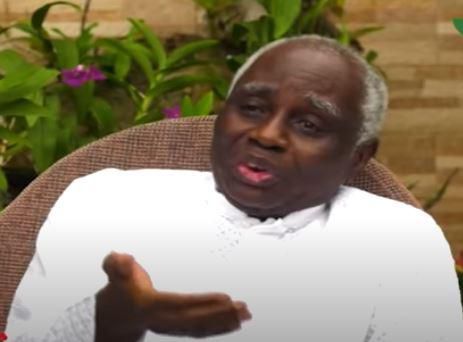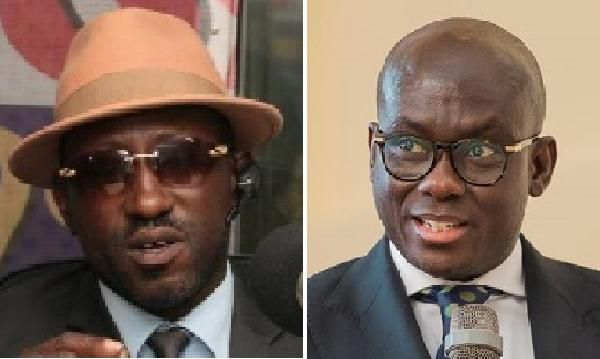'Judiciary will end our democracy very soon!' - Oliver laments judicial injustice
)
Tsikata, a prominent lawyer and former Chief Executive Officer of the Ghana National Petroleum Corporation, was convicted and imprisoned in 2008. His conviction and sentencing were later nullified following an appeal. According to Barker-Vormawor, Tsikata had faith in the integrity of the judicial process and did not expect to be jailed. However, he alleges that a judge, under the influence of the then-regime, unjustly sentenced Tsikata.
“It wasn’t until former President John Agyekum Kufuor left office that the Supreme Court mustered the courage to acknowledge the wrongful nature of Tsikata's imprisonment,” Barker-Vormawor noted in a social media post on Thursday, May 30. He highlighted this as evidence of the judiciary's troubling subservience to political pressures.

Barker-Vormawor argues that this incident is indicative of a broader and more dangerous trend within the judicial system that threatens the very foundations of democracy in the country. “Our judiciary will end our democracy very soon!” he declared, emphasising the urgent need for judicial reform and independence.
His concern was about the recent controversies engulfing Ghana's judicial system, such as the allegations surrounding Richard Jakpa in the controversial Ambulance case. An audio recording suggests that Attorney-General Godfred Dame had been scheming with Jakpa to implicate Dr Ato Forson, a former Deputy Minister of Finance and current Member of Parliament for Ajumako-Enyan-Esiam.

Barker-Vormawor believes that the Attorney-General has conducted himself unethically and is no longer fit to hold office. This view is shared by many well-meaning Ghanaians, lawyers, and even some sympathisers of the governing New Patriotic Party (NPP), who have called for Dame’s resignation or dismissal.
The activist's critique serves as a clarion call for greater judicial independence and integrity, warning that without substantial reforms, the country's democracy remains in jeopardy.
)
)
)
)
)
)
)
)
)
)
)
)
)
)
)